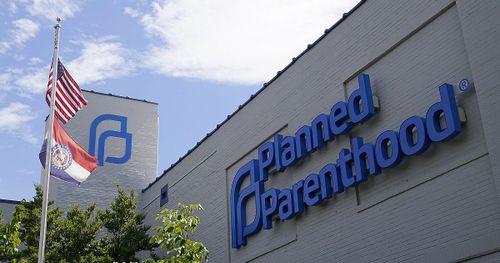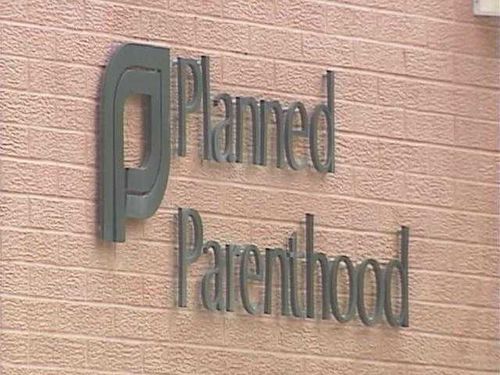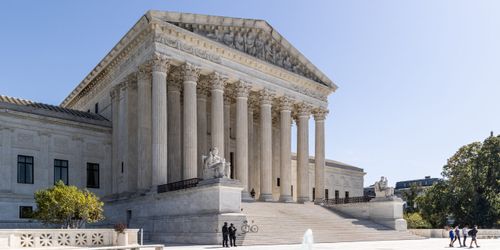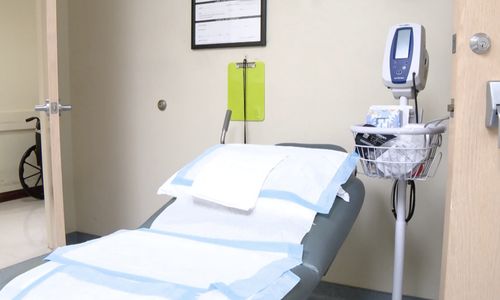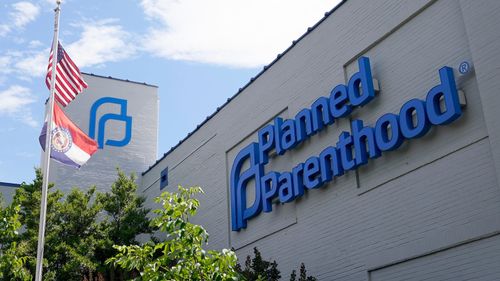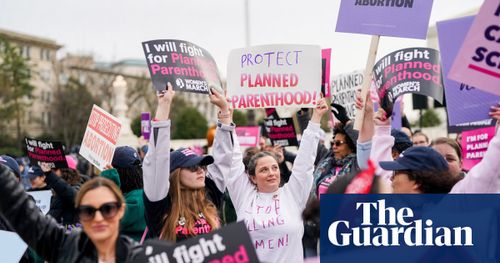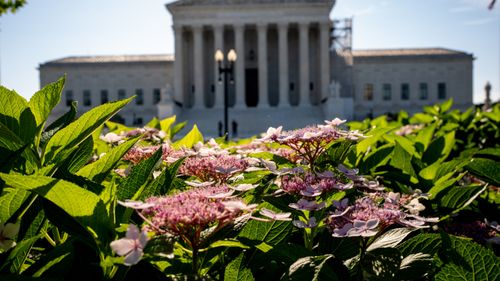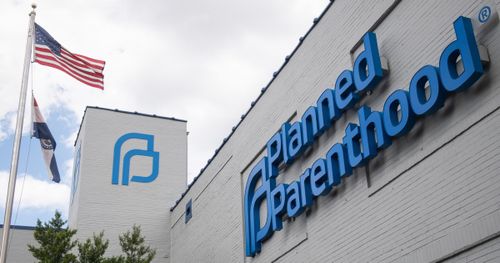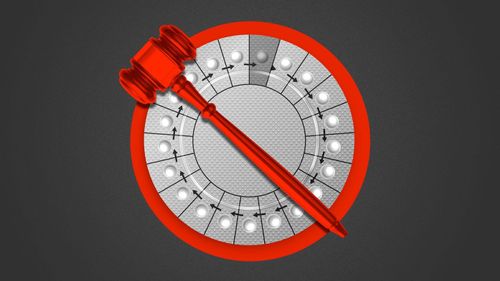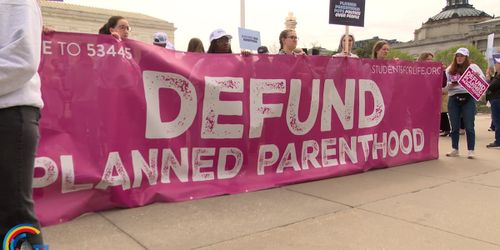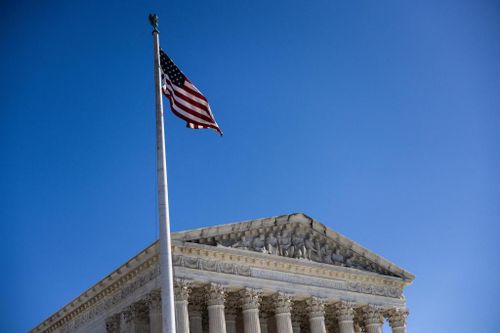Supreme Court to weigh Medicaid cut off for Planned Parenthood - Roll Call

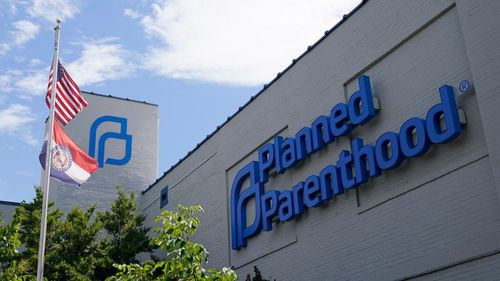
A ruling from the conservative Supreme Court, expected by the end of June, could have profound implications for the ability of patients to access care at Planned Parenthood clinics across the country and may shed light on when Americans may sue to enforce the requirements that Congress includes in spending laws. Though technically not about abortion, the appeal has attracted enormous attention from groups engaged in that issue. In one telling sign of that dynamic, the director of the South Carolina Department of Health and Human Services will be represented at the Supreme Court by Alliance Defending Freedom, a religious legal group that helped orchestrate the overturning of Roe v. Wade in 2022.
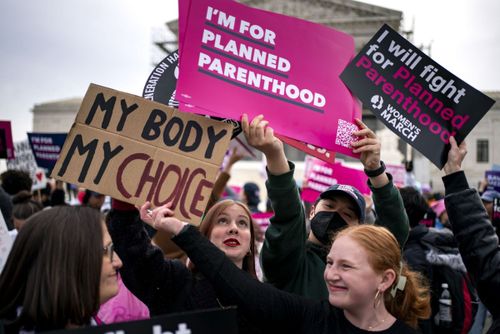
The U.S. Supreme Court on Wednesday will hear arguments on if states can ultimately remove Planned Parenthood from its Medicaid funding. The justices will ultimately decide if Medicaid beneficiaries will be able to freely choose healthcare providers including Planned Parenthood physicians with a ruling potentially arriving as early as June. "Taxpayers don't want their Medicaid dollars going to an organization that is taking unborn lives," said John Burch, a lawyer representing South Carolina. Planned Parenthood provides a wide array of health services beyond abortion, cancer screenings, contraception, physical exams, STI treatment and testing.
Planned Parenthood and its supporters argue that the case is about more than just abortion access and could affect the rights of Medicaid enrollees to obtain care. "This case is not about abortion. This case is about general healthcare," Katherine Farris, the chief medical officer at Planned Parenthood South Atlantic, told The Independent. "If Medicaid enrollees can't enforce the rights that the Medicaid statute creates, then those rights, you know, they're not real rights," Elizabeth Taylor, the executive director of the National Health Law Program who wrote a brief to support Planned Parenthood, told Axios.

